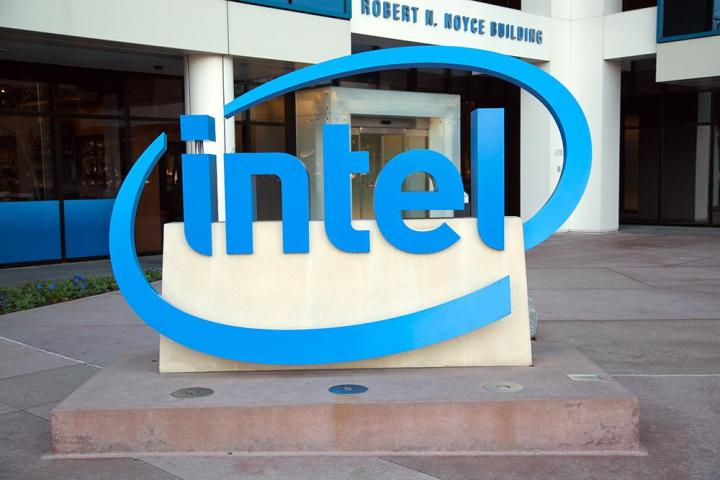
Intel’s Skylake-U microarchitecture brings support for DDR4 memory to notebooks and laptops. The platform also packs Intel’s DirectX 12-compatible HD 500 series and Iris 500 series graphics cores, depending on the chip. That should be good news for laptop gamers who can’t afford to stuff a high-end Nvidia GPU into the configuration when purchasing their device.
While the details of the new i7-6660U are not available, the previous i7-6650U chip was launched in Q3 2015. It features a 15-watt average power usage (TDP), a maximum turbo frequency of 3.2GHz per core, and an Intel Iris Graphics 540 core with a base frequency of 300MHz. This chip is capable of supporting 4K video at 60Hz over an HDMI 1.4 connection, through DisplayPort, or on an integrated flat panel. The chip also supports Intel Wireless Display technology, offering a 1080p screen resolution without the need for a video cord.
According to the specs, the older i7-6650U chip incudes a dual-channel DRAM memory controller supporting DDR4-2133, LPDDR3-1866, and DDR3L-1600 memory types. The maximum amount of memory support is 32GB while the maximum memory bandwidth (data read speed) is 34.1GB/s. The chip does not support Error-Correcting Code (ECC) memory, which is used to detect and fix internal data corruption.
A list of technologies supported by the older i7-6650U chip can be found here, and includes Secure Key, a digital random number generator that creates “truly random numbers to strengthen encryption algorithms.” The chip also packs Intel’s Identity Protection Technology, Smart Response Technology, and Hyper-Threading Technology, the latter of which ultimately speeds up applications that take advantage multiple processing threads.
OK, so what’s a thread? Here is Intel’s explanation: “A Thread, or thread of execution, is a software term for the basic ordered sequence of instructions that can be passed through or processed by a single CPU core.” This particular processor has four, as does the quietly launched Intel i7-6660U processor.
Skylake-U processors overall support a number of technologies including the Windows 10 platform, the Cortana virtual assistant, and Intel’s own RealSense technology. Thus, laptop makers will be able to cram RealSense cameras into their solutions for motion control, logging onto Windows 10 with Hello, scanning in objects to create 3D models, and so on. Users can even print 3D objects using a RealSense camera and a 3D printer.
Because Intel has quietly slipped the new i7-6660U processor onto its pricing list, there’s speculation that the company is beginning to gradually refresh its Skylake products. While we’ve mostly talked about the i7-6650U in the report, there’s a good chance the newer i7-6660U will roughly be the same outside the higher clock speeds. We expect to see a product sheet provided soon that offers additional details.


